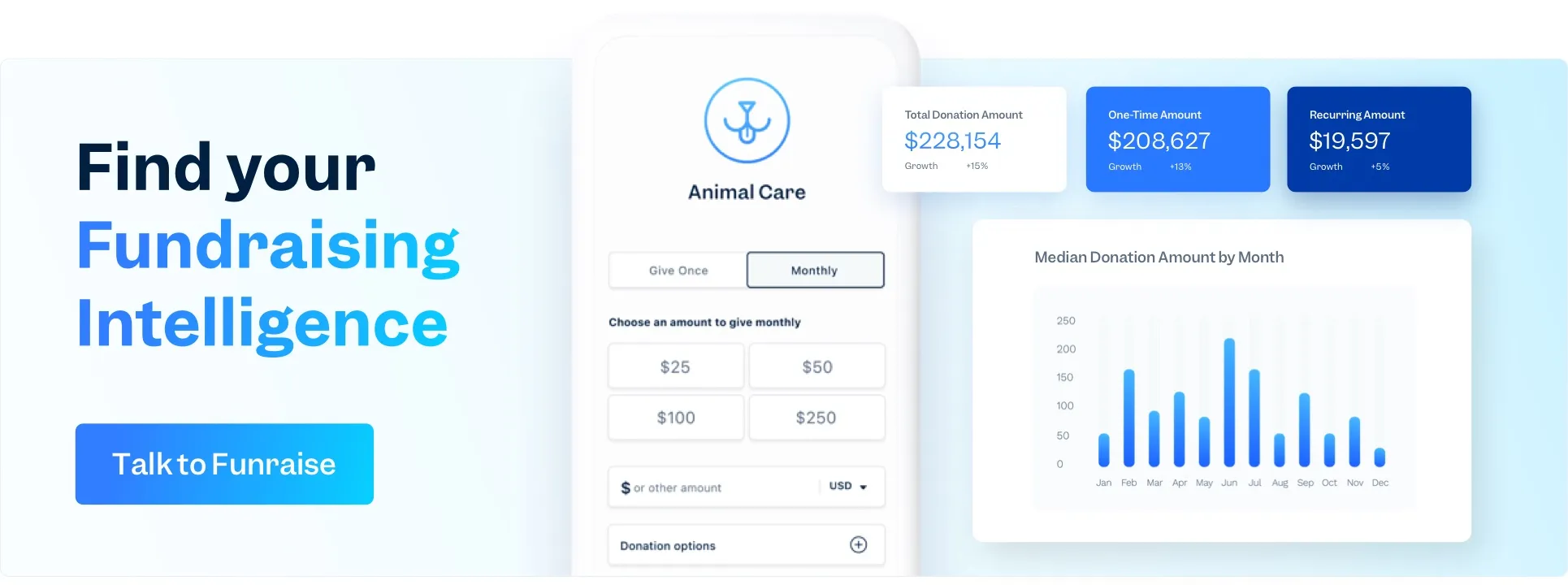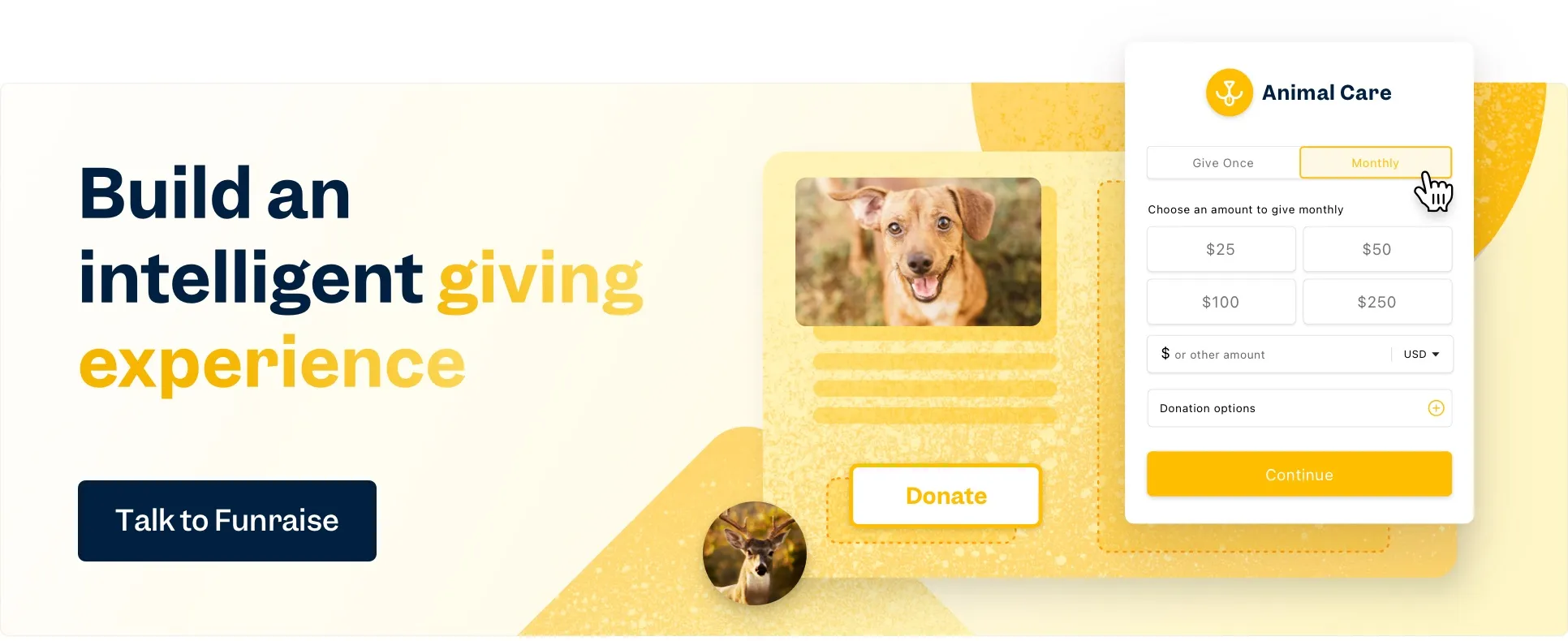Justin is Funraise's CEO, a co-founder, and a bad-ass, experienced nonprofit fundraiser. Like a true fundraiser-turned-founder, he breaks down the concepts behind Funraise's mission everywhere he can make nonprofits' voices heard.
There is no better time than now to be targeting young donors.
Online fundraising won't be impacted by COVID-19 in the same way that live events are being today. There are so many ways for your nonprofit to make up for lost revenue during this time of uncertainty.
A few ideas...
- Launch a P2P fundraising campaign and ask your community to come together and show support.
- Host a virtual event and livestream it to your supporters, giving them the chance to donate via the stream.
- Launch a new monthly donor program or ask your current monthly donors to increase their giving.
- Launch a crowdfunding campaign for a specific project or program and use email and social to drive traffic.
Perhaps you're already doing everything above? If so, don't be afraid to ramp it up and do more of it. Young donors will surprise you.
They can give and raise a lot more than you think.
Can't listen to the video? Scroll down to read the transcript.
Video Transcript
When I've talked to nonprofit's about specifically like livestream fundraising or just like more low dollar fundraising is what I call it. Like the resistance we often get is, you know, a 15-year-old doesn't have any money. Like is a 15-year-old really going to donate? And you know... Their parents have money. Exactly. They have disposable income that's greater than a lot of young adults. And because, they get excited about something, passionate and they'll go ask their parents for $15, $20, whatever it might be and so I think that targeting young donors is such an important strategy because they're the gateway to larger donations and so forth. Nonprofits will also be like, oh, we don't really have an audience in the Twitch market. And I'm like, do you know how many people in your life play video games? Do you know how many people know of Twitch? And it's something that people don't talk about. I remember when I was teaching and I was segueing into this and I told everyone I was leaving to do it. And even before this happened, what did we do our Friday roundup of, you know, what does everyone got going on this weekend? And I'd be like, oh, I have a charity gaming event and I would always get weird looks. It was something they had a hard time comprehending. And so it's really easy to dismiss it but that's because everyone's looking at us as gamers and I try to tell people, don't use the word gamer, use streamer, broadcaster, content creator. Something that helps you remember that they're small business owners. And when they look at it in that approach, they tend to shift. Okay. Interesting.






Start For Free

























.webp)
.webp)











.webp)
.webp)

.webp)
.webp)
.webp)




